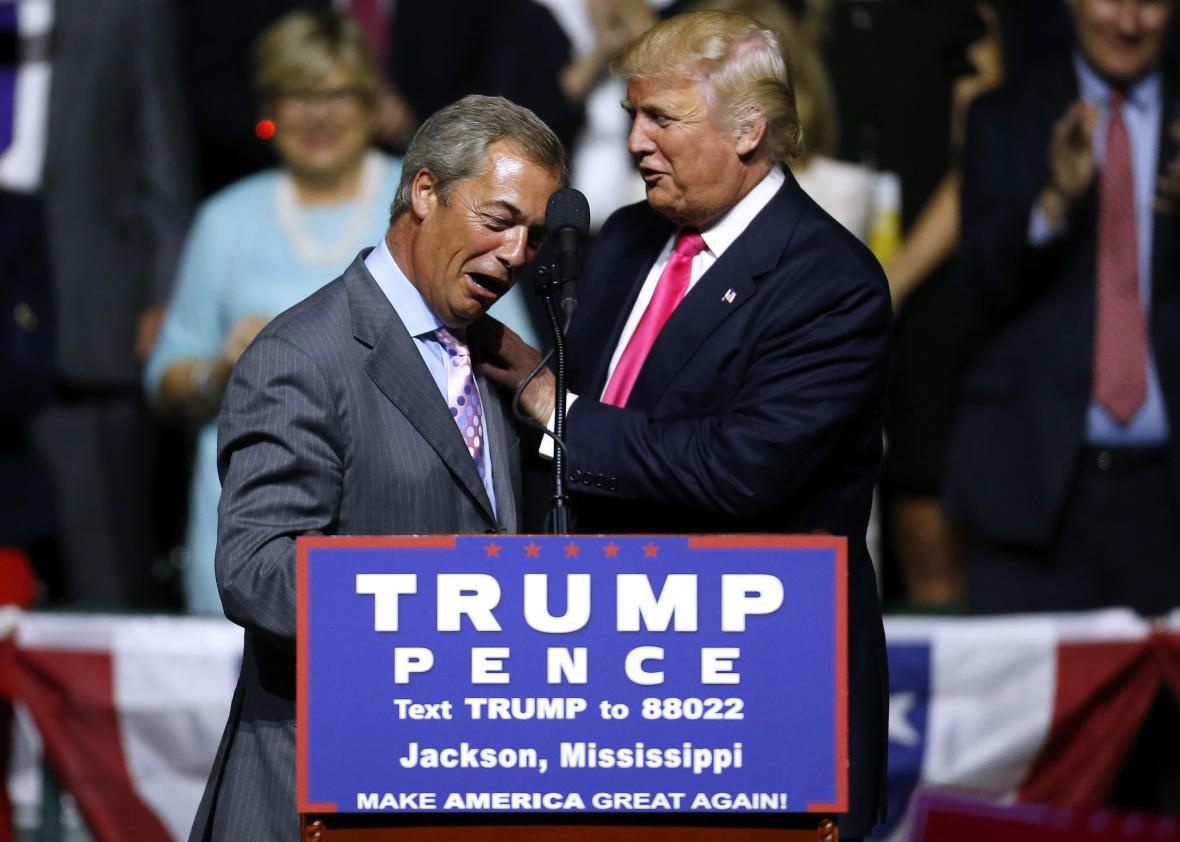During a meeting with the New York Times on Tuesday, President-elect Donald Trump rejected the idea that it was even possible for him to have a conflict of interest between his family’s business and his role as president of United States. This should trouble everyone who thinks America is a country of laws.
Times political correspondent Maggie Haberman, tweeting from an on-the-record conversation with the president-elect at the newspaper’s headquarters, reported Trump’s claim about the presidency.
Trump has been under criticism for repeatedly appearing to seek to use his newfound office to benefit his family’s business.
Trump met with Indian business partners last week, showing that the separation between preparing to govern Trump and businessman Trump was so far nonexistent. The Washington Post reported that foreign diplomats were attempting to win favor with the new president by staying at his new hotel in Washington, D.C. Trump’s daughter Ivanka, who has been a key adviser during his transition but also is set to be one of the children running Trump’s business while he’s president, joined Trump when he met Japanese Prime Minister Shinzo Abe. An Argentine journalist alleged that, after he was elected president, Trump discussed permitting issues with Argentine President Mauricio Macri that were holding up a Trump building project in Buenos Aires. (Trump and Macri’s offices denied the building project was discussed on the call, but reportedly the day after the call took place—not the day after the election, the day after the call—the Trump business partner who had arranged the call announced that the project would begin in June 2017 and be completed by 2020.) Finally, he reportedly encouraged British politician and Brexit champion Nigel Farage to oppose offshore wind farms because he thought they would spoil the view at his two Scottish golf courses.
On this final point, Trump appeared to acknowledge that this conversation had actually occurred.
He also indicated that his D.C. hotel was aided by his election.
But insisted that these things were not important to him.
This was even though he refused to divest his assets, as all other modern presidents and presidential candidates have done or promised to do, and though he went so far as to argue that he could do both jobs without any issue arising.
The fact that Trump isn’t even willing or able to acknowledge the massive conflict of interest his family’s business interests pose to his presidency is in and of itself a sign that he seems unlikely to do anything to avoid making decisions that are affected by those conflicts.
Richard Painter, chief White House ethics lawyer under President George W. Bush, explained in the Washington Post on Monday why this all should be so troubling, even if for some reason you don’t think you should be personally bothered that Trump might use the presidency as his own piggy bank.
“There are so many diplomatic, political, even national security risks in having the president own a whole bunch of properties all over the world,” Painter told the paper.
“If we’ve got to talk to a foreign government about their behavior, or negotiate a treaty, or some country asks us to send our troops in to defend someone else, we’ve got to make a decision,” Painter added. “And the question becomes: Are we going in out of our national interest or because there’s a Trump casino around?”
Trump is right that the president is exempted from the sorts of conflicts of interest and ethics rules that apply to all other politicians who might violate these norms. But there is one law that he did not seem to be aware of, which would not be on his side if he even appeared to sell the powers of his office to a foreign bidder. That is the U.S. Constitution, which states “no Person holding any Office of Profit or Trust under them, shall, without the Consent of the Congress, accept of any present, Emolument, Office, or Title, of any kind whatever, from any King, Prince, or foreign State.”
On Jan. 20, Trump will be sworn in as the 45th president of the United States and he will pledge to “preserve, protect and defend the Constitution of the United States.”
While Trump doesn’t think there are any laws that can govern his many conflicts of interest, it would be good for him to note—and for the media to regularly remind him—that there is meant to be a constitutional remedy for any president who violates the one law that definitively does.
